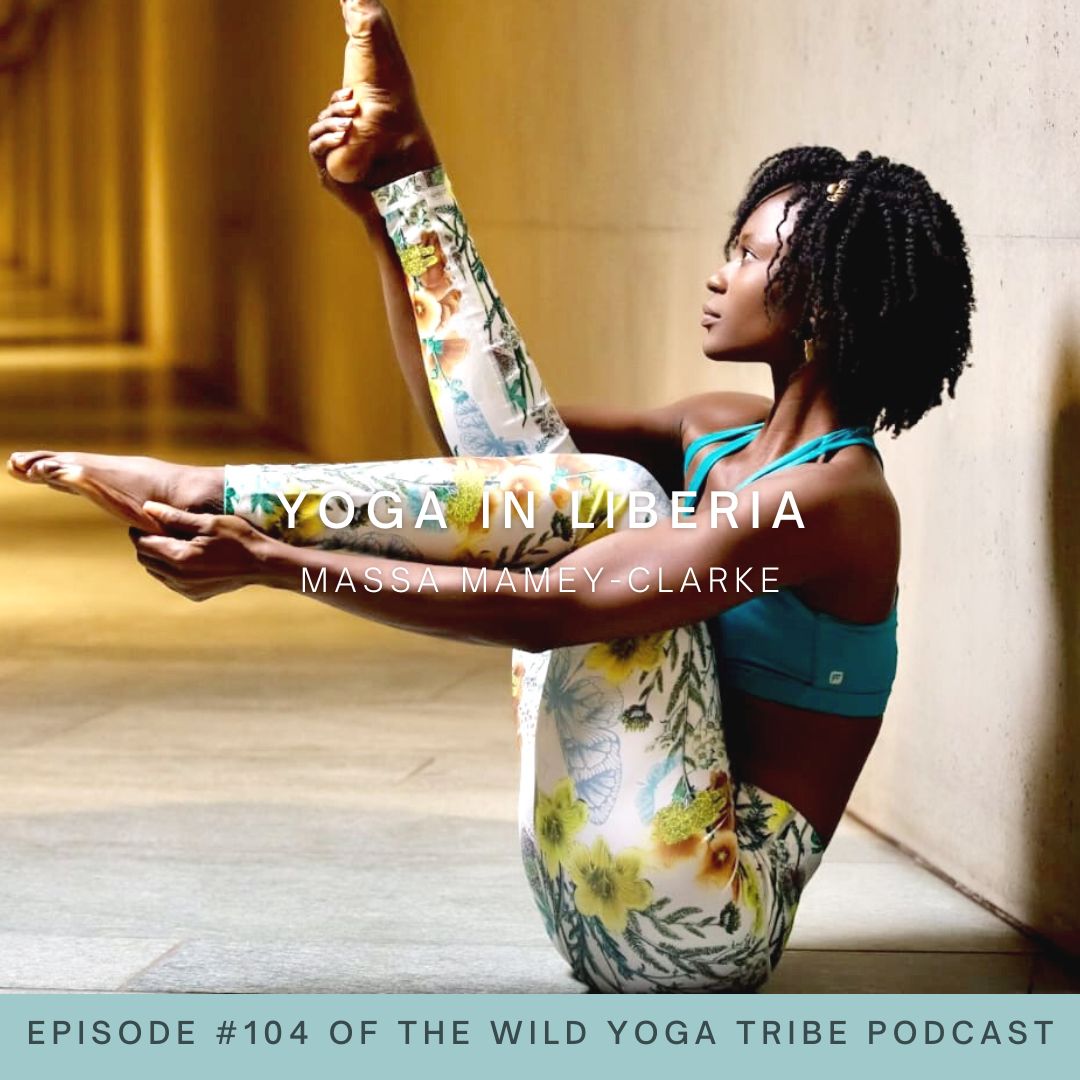 What I appreciate the most about Buddhism is that its pillars are kindness, humanity, and equality. It is completely tolerant as it excludes absolutely no one. It also does not seek converts and never expects blind belief. A confidence in the Buddha as a guide on the path is all that is required. The Buddha is not a god, but a man who successfully achieved freedom from suffering, enlightenment, and he has laid out the path he took for others to contemplate, consider, and test for themselves. The doctrine of Buddhism is the Dhamma which contains self-evident facts such as, people cannot escape death. Buddhists believe that the source of all truth is in within one’s own mind and heart. The effort to gain salvation must be done by the person him or herself. Each person must put in the work to free him or herself from suffering. The Buddha himself said, “You yourself must make an effort. The Buddha can only show the way…. Work out your own salvation with zeal.”
What I appreciate the most about Buddhism is that its pillars are kindness, humanity, and equality. It is completely tolerant as it excludes absolutely no one. It also does not seek converts and never expects blind belief. A confidence in the Buddha as a guide on the path is all that is required. The Buddha is not a god, but a man who successfully achieved freedom from suffering, enlightenment, and he has laid out the path he took for others to contemplate, consider, and test for themselves. The doctrine of Buddhism is the Dhamma which contains self-evident facts such as, people cannot escape death. Buddhists believe that the source of all truth is in within one’s own mind and heart. The effort to gain salvation must be done by the person him or herself. Each person must put in the work to free him or herself from suffering. The Buddha himself said, “You yourself must make an effort. The Buddha can only show the way…. Work out your own salvation with zeal.”
 For reference, the Dhamma is the doctrine of the Four Noble Truths, which is about suffering and the path of salvation from it. The Sangha is the monastic order of the Buddha’s disciples. An individual of the Sangha is called a Bhikkhu or Bhikkuni. Anyone who sincerely wishes to lead a holy life may join the Order. Additionally, anyone is free to leave at any time. Interestingly, to join the order one must promise the expected things such as no drugs, sex, lying, stealing, killing, but the curiouser promises to refrain from eating after noon, sleeping on a luxurious place and refraining from dancing, singing, music, going to see entertainments, wearing garlands, using perfumes, and cosmetics. Well, isn’t that specific? And apparently a Bhikkhu’s life is governed by 227 rules. I haven’t looked over a list myself but based on the rules I’ve reviewed so-far, sounds extremely limiting. However, I understand that the purpose of the rules is to remove distractions and disillusionment from the path to enlightenment.
For reference, the Dhamma is the doctrine of the Four Noble Truths, which is about suffering and the path of salvation from it. The Sangha is the monastic order of the Buddha’s disciples. An individual of the Sangha is called a Bhikkhu or Bhikkuni. Anyone who sincerely wishes to lead a holy life may join the Order. Additionally, anyone is free to leave at any time. Interestingly, to join the order one must promise the expected things such as no drugs, sex, lying, stealing, killing, but the curiouser promises to refrain from eating after noon, sleeping on a luxurious place and refraining from dancing, singing, music, going to see entertainments, wearing garlands, using perfumes, and cosmetics. Well, isn’t that specific? And apparently a Bhikkhu’s life is governed by 227 rules. I haven’t looked over a list myself but based on the rules I’ve reviewed so-far, sounds extremely limiting. However, I understand that the purpose of the rules is to remove distractions and disillusionment from the path to enlightenment.
To liberate from suffering, there is a daily Dhamma practice, which consists of both formal meditation and practicing the Buddhist teaching in order to gain wisdom and things as they are. There are three types of wisdom, and is classified by origin: Sutamayapañña, wisdom from reading and listening to the teachings; Cintamayapañña, wisdom gained by reflection or reasoning; Bhavanamayapañña wisdom obtained through the development of mindfulness. One must utilize all three types of wisdom to free oneself from suffering.
More thoughts on the wisdom of developing mindfulness, through my time spent Wat Pa Tam Wua Forest Monastery soon.






